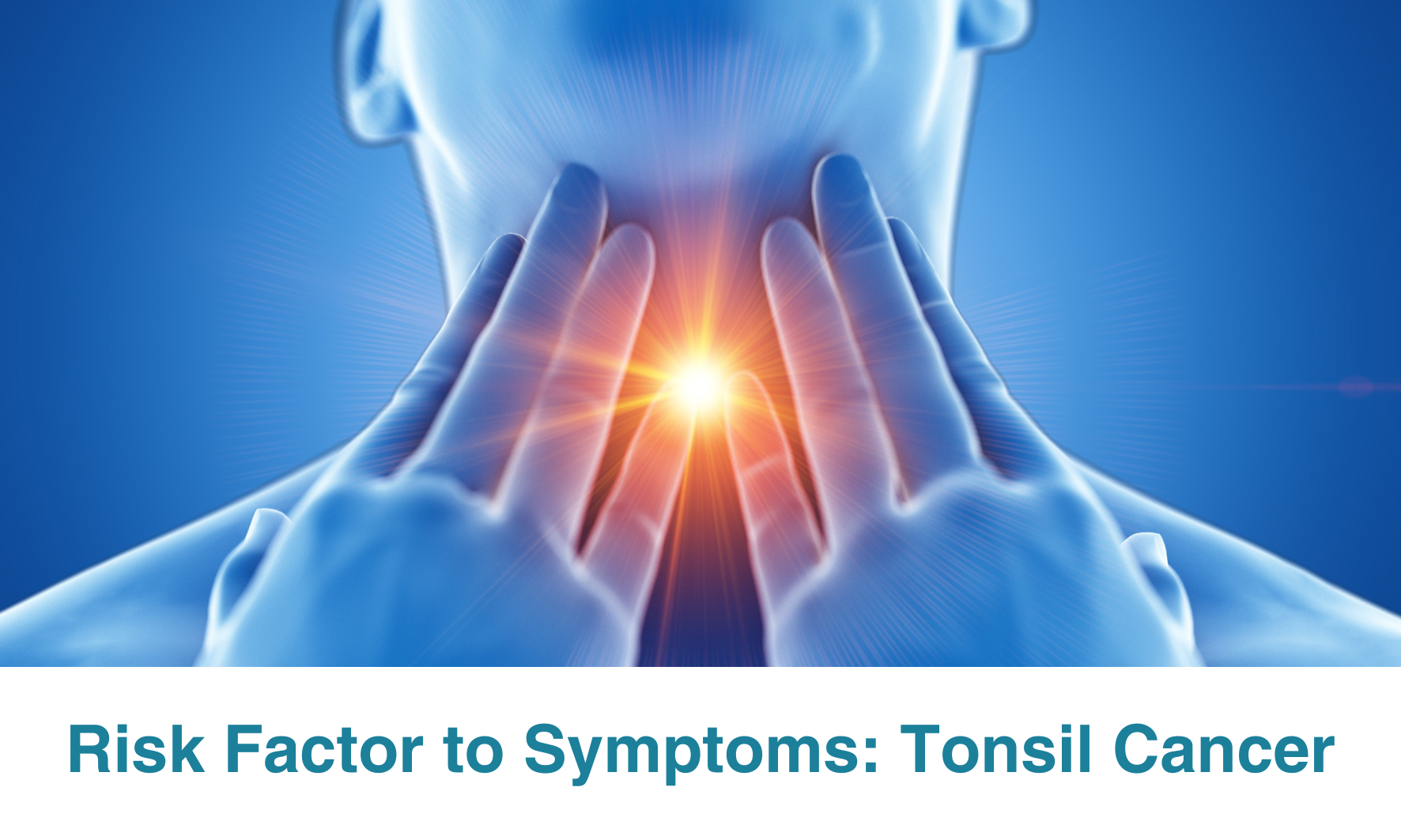Could not find what you are looking for?
From Risk Factors to Symptoms: A Comprehensive Guide to Tonsil Cancer
Published On February 18, 2025

What is Tonsil Cancer?
Tonsil cancer is a type of head and neck cancer that originates in the tonsils, which are part of the lymphatic system located at the back of the throat. The tonsils play a role in fighting infections, but they can also develop cancer, particularly squamous cell carcinoma, which is the most common type.
What Causes Tonsil Cancer?
While the exact cause of tonsil cancer is not always clear, several risk factors can increase the likelihood of developing this disease:
- Tobacco Use: Smoking cigarettes or using other tobacco products significantly increases the risk.
- Alcohol Consumption: Heavy drinking is another major risk factor.
- Human Papillomavirus (HPV): Infection with HPV, especially HPV type 16, is strongly linked to tonsil cancer.
- Poor Oral Hygiene: Neglecting oral health can contribute to the development of tonsil cancer.
- Family History: A family history of cancer can also increase the risk.
Signs and Symptoms of Tonsil Cancer
Recognizing the signs and symptoms of tonsil cancer can lead to early detection and better outcomes. Here are the key signs to watch for:
- First Signs of Tonsil Cancer:
- Persistent sore throat
- Difficulty swallowing
- A lump in the neck or throat that does not go away
- Early Symptoms of Tonsil Cancer:
- Ear pain on one side
- Swollen but painless tonsil
- Blood-tinged saliva
- Advanced Symptoms:
- Difficulty chewing or moving the tongue
- Persistent bad breath
- Unexplained weight loss
What Does Tonsil Cancer Look Like?
Tonsil cancer may appear as a growth or sore on the tonsils that does not heal. It can also
manifest as an asymmetry in the size of the tonsils, with one being noticeably larger than the
other.
Early Stage Tonsil Cancer
In the early stage of tonsil cancer, the symptoms may be mild and easily overlooked. When these symptoms are persistent and not responding to home remedies, a healthcare professional should be consulted. Early detection is crucial for effective treatment.
- Early Stage Tonsil Cancer Symptoms:
- Small, persistent sore throat
- Minor difficulty swallowing
- Slight ear pain
The symptoms in the early stage may not be severe, making regular check-ups important for early detection. Early intervention can significantly improve treatment outcomes.
Risk Factors for Tonsil Cancer
Understanding the risk factors for tonsil cancer can help in taking preventive measures. Key risk factors include:
- Age: Tonsil cancer is more common in older adults.
- Gender: Men are more likely to develop tonsil cancer than women.
- Diet: A diet low in fruits and vegetables can increase the risk.
Conclusion
Tonsil cancer, like many cancers, benefits significantly from early detection and treatment. By being aware of the signs, symptoms, and risk factors, individuals can take proactive steps towards maintaining their oral health and seeking medical advice when needed.
If you notice any persistent signs or symptoms, it’s crucial to consult with a healthcare professional for a thorough evaluation. Early intervention can make a significant difference in the treatment and management of tonsil cancer.
ul.listpages li {
list-style: disc;
}



